
Environmental protesters stop EV taxi drivers
Taxi drivers are understandably frustrated that environmental protesters are stopping them working – especially those who have already forked out on new electric cabs.
Just Stop Oil campaigners have frequently targeted London’s busy streets and been shown on the news causing huge congestion in and around the capital.

Ride sharing’s impact on taxi drivers
Taxi drivers play an important role in our communities and for more than 100 years have been a convenient, reliable and safe way for people to get around.
Passengers would regularly use the same private hire taxi firms and knew where to hail a black cab if they arrived at a train or bus station or other public venue.

From horses and carts to a fleet of EV taxis
One of England’s oldest taxi businesses is steering its way towards an all-electric fleet of taxis.
Whiteside Taxis in St Annes on Sea started with Handsome Cabs in 1880 and has seen many changes in the years that followed. But, as with the transition from Handsome Cabs to the Hackney and private-hire taxis we are familiar with today, it did not happen overnight.

How the Clean Air Zone affects taxi drivers
The country’s newest Clean Air Zone came into operation on Monday and means many taxi drivers have to pay more to use Bradford’s streets.
It has taken four years to bring in, and now only vehicles such as EVs, that meet greener standards, will avoid the charges.
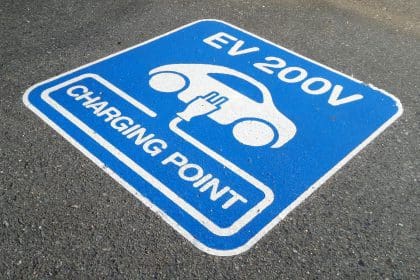
Pilot will show how EVs can help taxi drivers
Technology is being used to show taxi drivers how electric vehicles can help their business and the environment.
Cheshire West and Chester Council have teamed up with EB Charging for a pilot scheme which will see telematics devices installed in a selection of petrol and diesel taxis in the area.
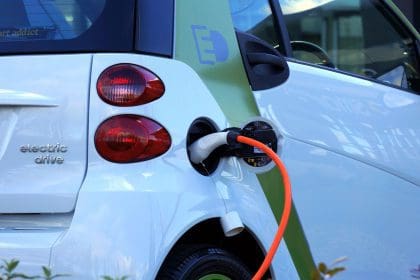
Is it cheaper for taxi drivers to plug in or fill up?
Rising fuel and energy prices are affecting everyone, especially taxi drivers and those who earn their living on the roads – but they can still save money by plugging in instead of filling up.
As fuel prices have continued to rise, and with the ban on sales of new petrol and diesel vehicles in the UK from 2030, many taxi drivers have been turning to electric vehicles for a cheaper, greener alternative.
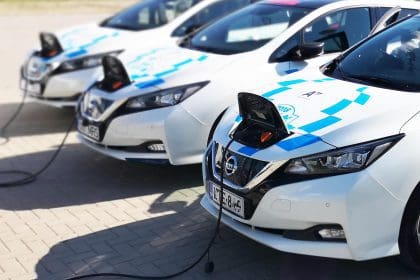
Helping taxi drivers find the right EV
Today is Word EV Day and it’s the perfect opportunity to help taxi drivers get on the road to a greener future.
While choosing the right vehicle for your taxi business is a big decision and there is uncertainty about cost, range and charging points, the aim of World EV Day is to encourage people, including professionals such as taxi drivers, to make their next vehicle an EV.
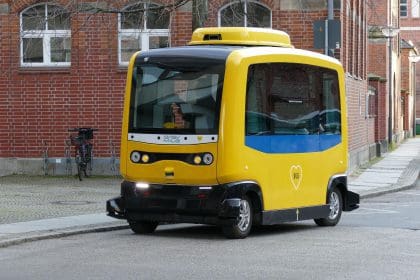
Will driverless cars be the end for taxi drivers?
Improving technology has changed the way most people think about driving. A lot of the focus has been on electric vehicles and the drive to steer us all towards a greener future.
There have also been advances on driver assistance tools, such as cruse control, lane assistance, adaptive braking, self-parking and, more recently, autonomous vehicles.
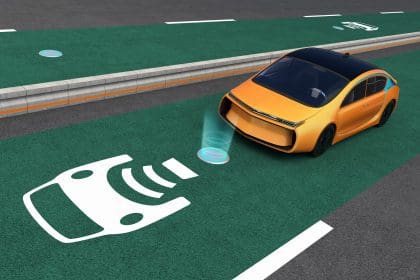
Wireless charging could be a gamechanger for EV taxis
Range is one of the biggest obstacles stopping drivers making the switch to electric vehicles but wireless charging could change that.
You can currently travel further on a tank of petrol or diesel in a typical family car than you can in a comparable EV – that also costs more – with a fully charged battery.
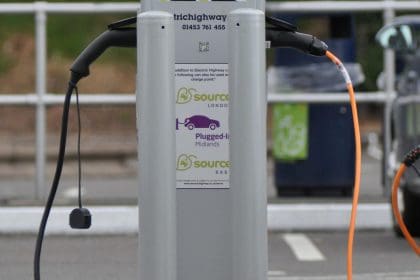
Electric Vehicles vs Petrol and Diesel Vehicles
Soaring fuel prices and looming net-zero carbon targets mean more people are considering switching to electric vehicles sooner rather than later.
As well as the environmental impact, EVs seemed to be the obvious choice for most drivers – until the cost of electricity shot up at the same rate as petrol and diesel.
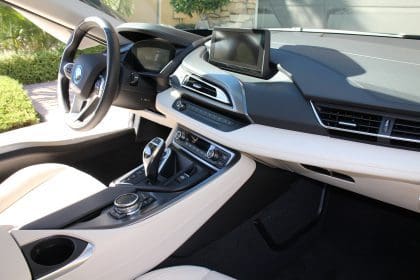
Lessons on how to drive an Electric Vehicles
As drivers gear up to make the switch to electric vehicles, many are focusing on the cost, range and charging points of the green motors.
But there are also some key differences in the way an EV and a petrol and diesel car are driven, and it makes sense for people to consider taking lessons to get used to the new technology.
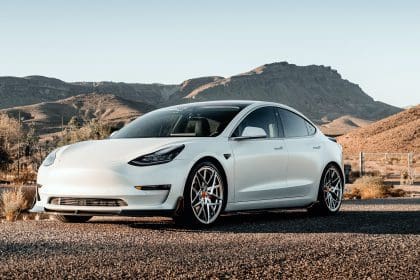
Electric Vehicles are starting to go the distance
The range of electric vehicles has been one of the biggest factors putting people off buying them, especially those who rely on them for a living, like taxi drivers.
While even the least-economical petrol and diesel cars can deliver 400-500 miles per tank, many suitable electric vehicles have been delivering ranges of below 200 miles.
